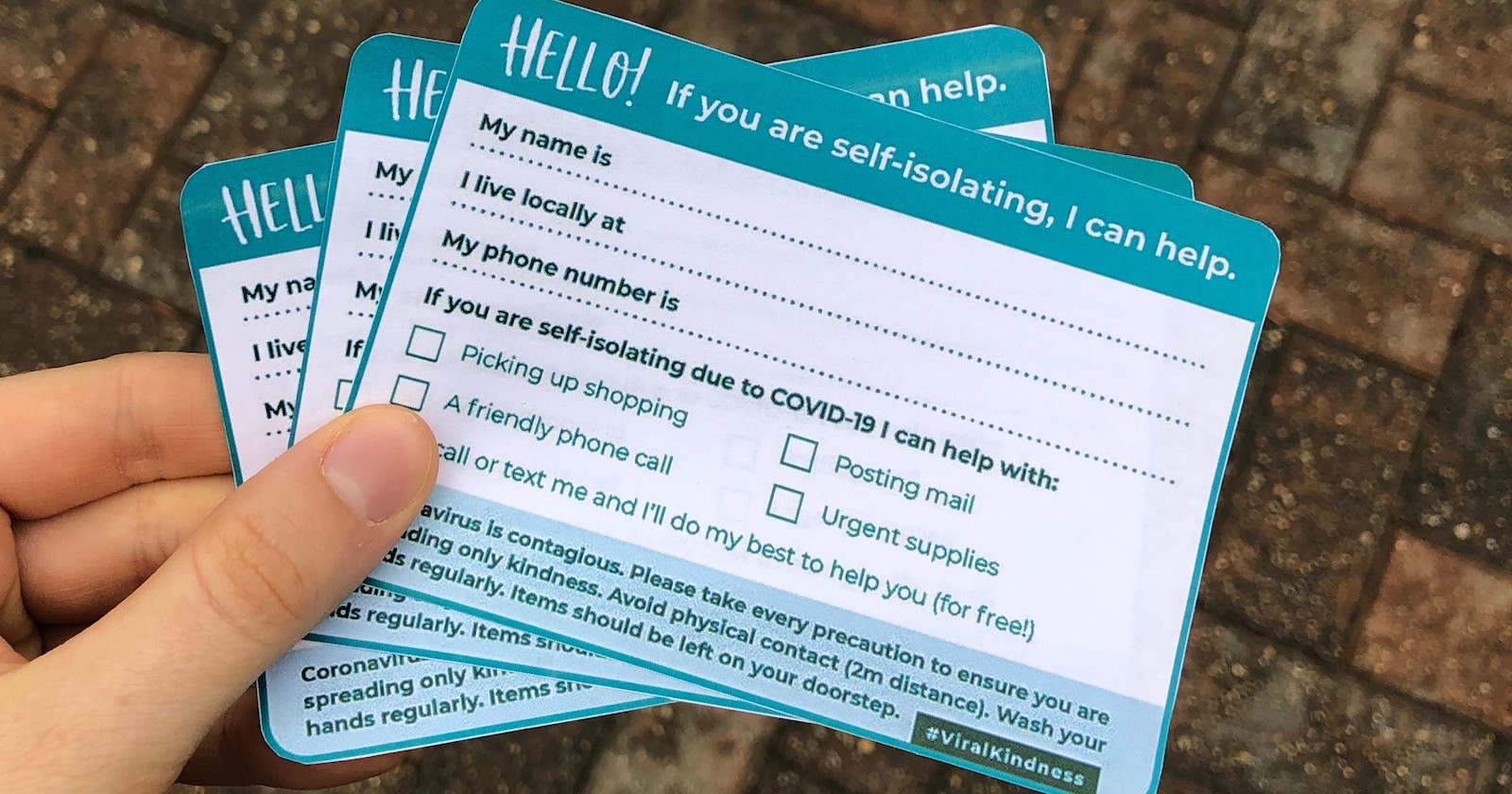
Closing the Gap on Social Distancing
Social distancing. When I reflect back on March 2020, I will remember the term “social distancing”: the idea that safety and health is found in creating physical distance from those around you, and conversely, that the way to relational health in this time is to engage relationally with others through online social media platforms.
What creates dissonance for me, is that a mere month ago, I was telling my teenagers exactly the opposite—that social media was creating social distancing, and they needed to put down their smart phones, put on their shoes, call their friends, “close” the physical gap and go play!
This was the way to mental health and flourishing…decreasing social distancing!
And this is still true today:
“Several studies have found that adolescents and young adults who spend more time on digital media are lower in well-being (e.g., Booker et al., 2015; Lin et al., 2016; Twenge & Campbell, 2018). For example, girls spending 5 or more hours a day on social media are three times more likely to be depressed than non-users (Kelly et al., 2019), and heavy internet users (vs. light users) are twice as likely to be unhappy (Twenge et al., 2018). Sleeping, face-to-face social interaction, and attending religious services—less frequent activities among iGen teens compared to previous generations—are instead linked to more happiness. Overall, activities related to smartphones and digital media are linked to less happiness, and those not involving technology are linked to more happiness.”
— Dr. Jean Twenge, World Happiness Report The Sad State of Happiness in the United States and the Role of Digital Media
So, during this unique time in world history (it may not be the worst time in world history, but it certainly is unique), when our communities are pushing for less physical interaction, how do we push our kids towards greater social, mental, and spiritual health?
Let me give you a few ideas…
1. Get outside and get active as a family
Physical and social activity is still necessary and available. Yesterday our household engaged in a game of “Spike Ball” in our back yard. My body didn’t really want to play Spike Ball with my teenagers…but my soul loved it. And so did theirs.
Especially after being stuck together in closed spaces, it was so healthy for us to actively play together. Make physical play a mandatory part of your daily schedule, even if it is just for 20 minutes.
Green Bay Bible Camp has put together a great resource of fun activities families can do together (access it here via Canadian Youth Worker's Conference's Instagram). Read them as a family around the supper table and choose one you will do the next day.
2. Remember: character counts
Brainstorm ways to actively serve each other in your home, and others in your neighborhood, especially the most vulnerable. Sidewalk chalk encouragement is all the rage these days! Create “care packages” that are safe with encouragement notes and “safe treats” that tell your neighbors you are thinking of them. Look for ways, as a family, to actively bring hope and joy to others…even in the little things.
One of Briercrest College's students designed a template for offering help to people who are self-isolating and in need of some assistance. You can download it here.
Flourishing is not found in focusing on ourselves. Flourishing is found in shifting our focus away from self and onto God and serving others.
3. Encourage digital discernment
Use this time to encourage healthy online social interaction and digital discernment. Talk about the platforms that encourage the safest and best social experiences. Right now Zoom is an excellent interactive platform for people to get together. Many youth ministries are running full youth nights with games and worship etc. on Zoom! Compare different social media platforms people are using, and talk about the dangers and the benefits. With older teens, you may even want to explore these six questions Christians can ask of technology in our lives.
At the same time, when possible, move your digital platforms into “open space” areas in your home where everyone can see each other while engaging friends online.
4. Make spiritual formation a priority
We know that the kind of spiritual environment we create within the family unit has a profound effect on the faith formation of the next generation. Use this time to model spiritual disciplines for your family, and invite them to join in.
Perhaps start a contest memorizing verses focused on the presence of God in the midst of our fears and anxieties. Make it fun. Each night at the supper table, see who can come up with the best actions for the day’s verse, or create actions for the day’s verse together.
We may not have a season again when our families are together as consistently around meals as they are right now. Make the most of it!
We don’t know how long this situation we are in will last. Perhaps by the time you read this, we will be back to normal. Or maybe we will have a new normal, one where we value and intentionally pursue community, serving, and spiritual formation in ways we didn’t before.
The truth is, we have been created for community, for others, to serve, no matter the situation. Let’s fight to be intentional in the moments we have been given, and trust that God has called us to a time such as this.


